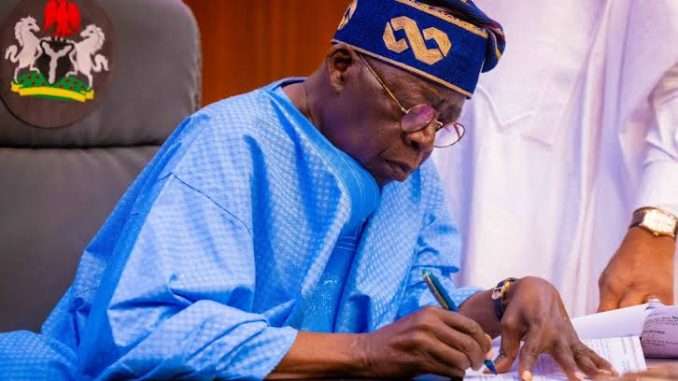
The Federal Government of Nigeria has approved N4.8 billion for HIV/AIDS treatment, a move that comes at a critical time given the recent suspension of US funding for HIV/AIDS programs in the country.
This development is particularly significant as Nigeria has one of the largest HIV/AIDS populations in Africa, with over 1.9 million people living with the disease
. The country has historically relied heavily on international donor funding, including from the US, to support its HIV/AIDS programs.However, with the US suspension of funding, the Nigerian government’s approval of N4.8 billion for HIV/AIDS treatment is a welcome step towards ensuring continuity of services and reducing reliance on external funding.
This move aligns with the call for African countries to take ownership of their HIV/AIDS responses and develop sustainable financing mechanisms
.It’s worth noting that the US has been a significant contributor to global HIV/AIDS efforts, with a total funding of $43 billion in FY 2022.
However, the suspension of funding to Nigeria highlights the need for countries to diversify their funding sources and develop domestic financing mechanisms to support their HIV/AIDS programs.
The decision comes in light of the recent suspension of U.S. government funding for HIV programs, which is undergoing a 90-day review period.
Addressing Minister of Finance and Coordinating Minister of the Economy of Nigeria, Wale Edun and Coordinating Minister of Health and Social Welfare, Muhammad Ali Pate, explained that the approval underscores Nigeria’s commitment to ensuring continuous access to life-saving treatment for individuals affected by the virus.
The funding landscape for HIV/AIDS treatment in Nigeria has been heavily reliant on international assistance, particularly from the U.S. President’s Emergency Plan for AIDS Relief (PEPFAR) and the Global Fund.Historically, about 80% of HIV response funding has come from external donors, with domestic contributions lagging behind.Under Buhari’s administration, the government had admitted that since 2005, about $6.2 billion had been spent on HIV response in Nigeria, with approximately 80% of these funds contributed by external donors.Pate, on Monday, emphasised the importance of this funding:
“This allocation is critical for ensuring that those living with HIV continue to receive necessary treatments without interruption.
”The approved budget will facilitate the procurement of 150,000 treatment packs over a four-month period.This initiative not only aims to provide immediate relief but also demonstrates Nigeria’s intent to build a more sustainable domestic financing model for health interventions.
The minister said FEC also set up a committee with membership drawn from the Ministries of Finance, Budget, Defence, Environment and the Nigeria Governors Forum to come up with a sustainability plan.
Responding to U.S. Policy Shifts on Development AssistanceAddressing recent U.S. policy changes affecting development assistance for diseases like HIV, tuberculosis, and malaria, Pate highlighted Nigeria’s proactive approach to sustainability.
“While we appreciate the contributions of the U.S. government over the last 20 years, Nigeria is now focused on transforming its health sector using national systems and domestic financing,” he said.To ensure a seamless transition amid these policy shifts, a committee comprising key ministries and state governors has been tasked with developing a sustainability plan.
“This is about ensuring that no Nigerian loses access to treatment during this period of adjustment,” he emphasised.Pate said FEC approved the HOPE (Human Capital Opportunities for Prosperity and Equity) programme, a $1 billion initiative designed to strengthen governance and primary healthcare systems nationwide.
“This programme is very much in line with the direction of this administration—to focus on investing in the human capital of Nigerians. People are at the centre of the Renewed Hope Agenda,” Pate stated.The funding, developed in collaboration with the International Development Association (IDA), allocates $500 million for governance improvements and another $500 million to enhance primary healthcare.
The governance component will incentivize states to recruit and train teachers and healthcare workers, while the healthcare portion will expand primary healthcare services, improve quality, and boost resilience.“This is about accelerating transformation in the health sector,” Pate explained, referencing the ongoing Nigeria Health Sector Renewal Investment Initiative (NHSRII) launched in 2023.
The programme also includes $70 million in grant financing from the Global Financing Facility to support maternal and child health services.“We are building on free emergency medical services for maternal and child health as part of this initiative,” Pate added
